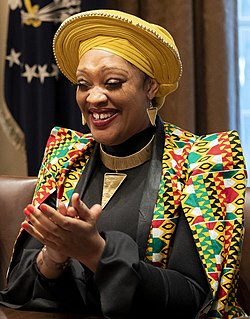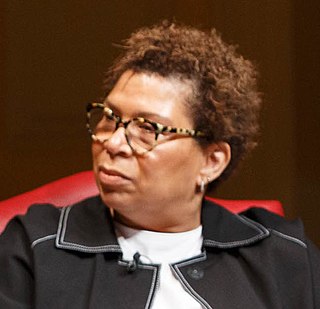A Quote by Kay Ivey
After marching across the Edmund Pettus Bridge in Selma as a young man, John Lewis went on to become a legendary leader for civil rights alongside other giants of the movement like Dr. Martin Luther King, Jr. and Rev. Fred Shuttlesworth.
Related Quotes
John Lewis has great history as a civil rights fighter.As a young man, he was one of the guys out there who was leading the parades during the [Martin Luther] King [Jr.] era. So, we all respect his history. But then I hear him crying the blues about Mr. [Donald] Trump and saying he's an illegitimate president, I take offense to that. If it's illegitimate, why is he going on?
If the Rev. Martin Luther King Jr.'s civil rights movement made demands that altered the course of American lives and backed up those demands with the willingness to give up your life in service of your civil rights, with Black Lives Matter, a more internalized change is being asked for: recognition.
With all respect to Congressman Lewis, when I think about him, I always have that image in my mind when he was on the Selma Bridge. The truth of the matter is, with all that he has given towards the fight for civil rights - which we greatly appreciate - these are no longer the days of marching over the Selma Bridge.
When I was 15 years old in the tenth grade, I heard Martin Luther King, Jr. Three years later, when I was 18, I met Dr. King and we became friends. Two years after that I became very involved in the civil rights movement. I was in college at the time. As I got more and more involved, I saw politics as a means of bringing about change
When I was 15 years old and in the tenth grade, I heard of Martin Luther King, Jr. Three years later, when I was 18, I met Dr. King and we became friends. Two years after that I became very involved in the civil rights movement. I was in college at that time. As I got more and more involved, I saw politics as a means of bringing about change.
That was exciting to be able to comment on civil rights. I mean, the civil rights movement that young people don't know about today, but Martin Luther King was considered by the establishment press in the early years of the sit-in movement as a dangerous man, and he was the equivalent at that time as Malcolm X. And he was told to stop his demonstrations; they were against the law and all of that. Now that he's sainted and sanctified we've forgotten.
































